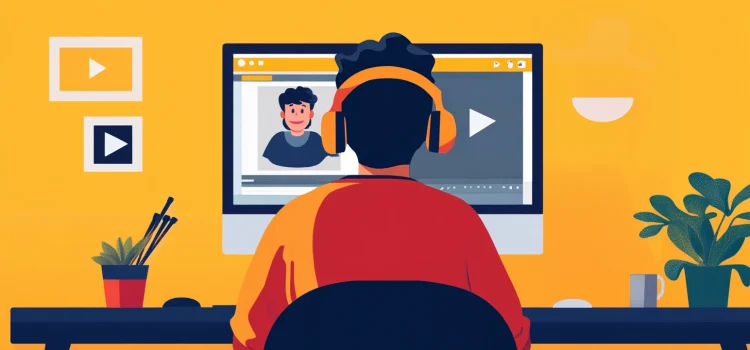
What’s a pseudo-connection? Why is it a danger to your mental health?
As humans, we care about what other people think of us because, evolutionarily speaking, their support improves our chances of survival. Adam Alter suggests that much modern technology, from social media to video games, appeals to this aspect of the human psyche because it champions pseudo-connections.
Discover more about pseudo-connections and the harm they’re causing to our lives.
Technology Facilitates Pseudo-Connection
Because humans are inherently social, we’re bound to want people to like us. You’re incentivized to project a likable image, so you use a filter on your selfies. You also want to know that others think in the same way that you do, so you seek validation from others’ reactions to your online presence. However, you want to feel unique, so you seek out disagreement as well. But if that disagreement is insulting—for example, in video game trash talk—you might feel wounded, which drives you to seek more reassurance online.
Online interactions can’t satisfy your inherent social needs. They’re pseudo-connections; they lack the characteristics that make real-life interactions meaningful and fulfilling. For example, you can’t make eye contact or pick up on behavioral cues like body language over text, so some ideas could get lost in translation. Furthermore, children who communicate with others primarily online may miss out on learning how to decipher those cues and sustain in-person conversations in the first place. Alter offers an example: Teenage boys whose primary social outlet is video games struggle to regulate their emotions and relate to others, which prevents them from forming intimate relationships and can contribute to pornography addiction.
| Pseudo-Connections and Pornography Addiction Alter says we seek out pseudo-connections via technology because humans are evolutionarily wired to crave social support. One reason for this is that social support facilitates cooperation (we’re more likely to cooperate with those we identify with), which helped our ancestors access resources and protect themselves effectively. At the same time, as Alter mentions, we want to feel sufficiently unique. Experts use optimal distinctiveness theory to explain this balance: We strive to maintain a sense of individuality while also feeling connected to a larger group. This need drives, for example, niche online fandom activity—members feel both unique in their tastes and connected to other unique individuals. Although Alter suggests that online interactions are pseudo-connections that can’t fulfill your needs, other evidence demonstrates the value of technologically facilitated connection (TFC). Consider that in some situations, TFC is the only or best option for connection. For example, technology helps people with communicative disabilities engage in meaningful conversations with others. It also helped people maintain social bonds through the Covid-19 pandemic, when in-person connection was dangerous. Similarly, online gaming friends and long-distance couples know well that, although they may long for the chance to interact with each other in person, digital relationships can be every bit as meaningful as in-person relationships. Besides being meaningful relationships in their own right, many online friendships between gamers later become real-life friendships, and they can reduce loneliness and improve kids’ social skills. And while Alter fears that these boys will develop porn addictions, such fears may be unsupported: Some experts suggest porn addiction rates are grossly exaggerated by those who are morally opposed to viewing pornography. Additionally, studies suggest that many people who play classically addictive games have healthy social lives, which may protect against excessive porn use. |






